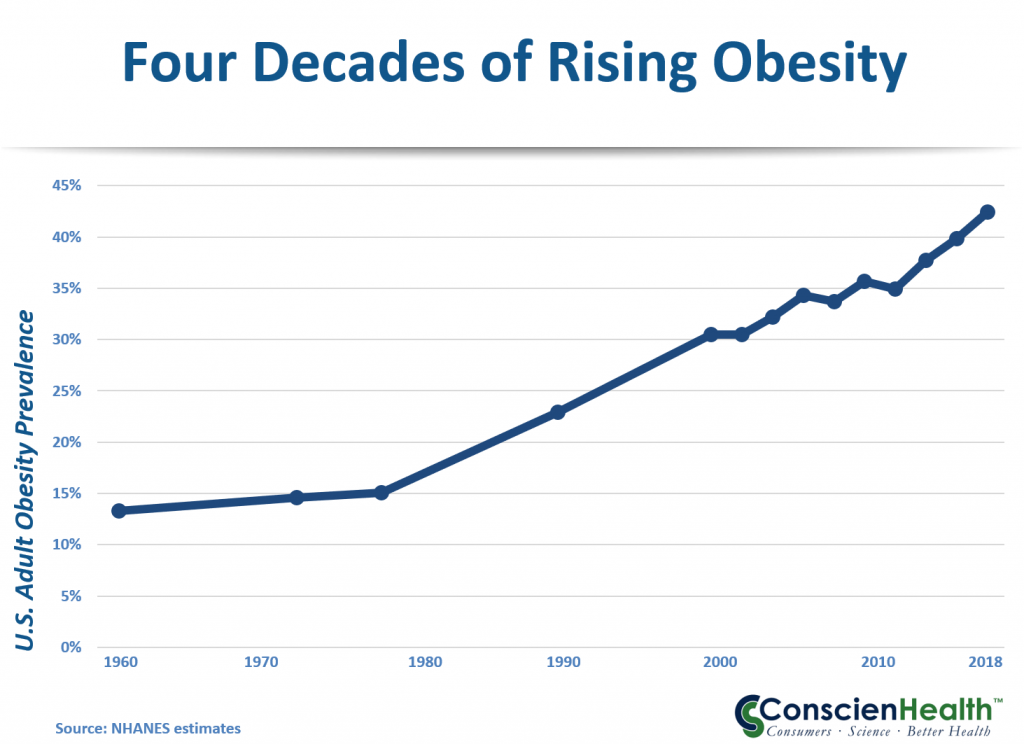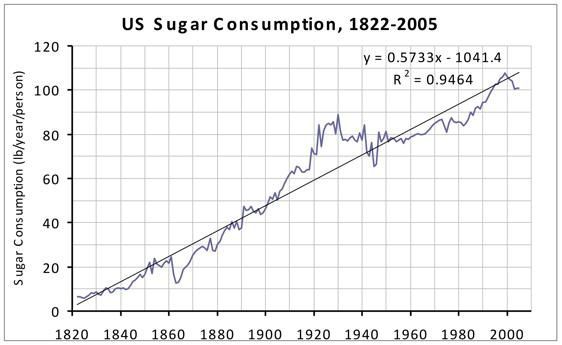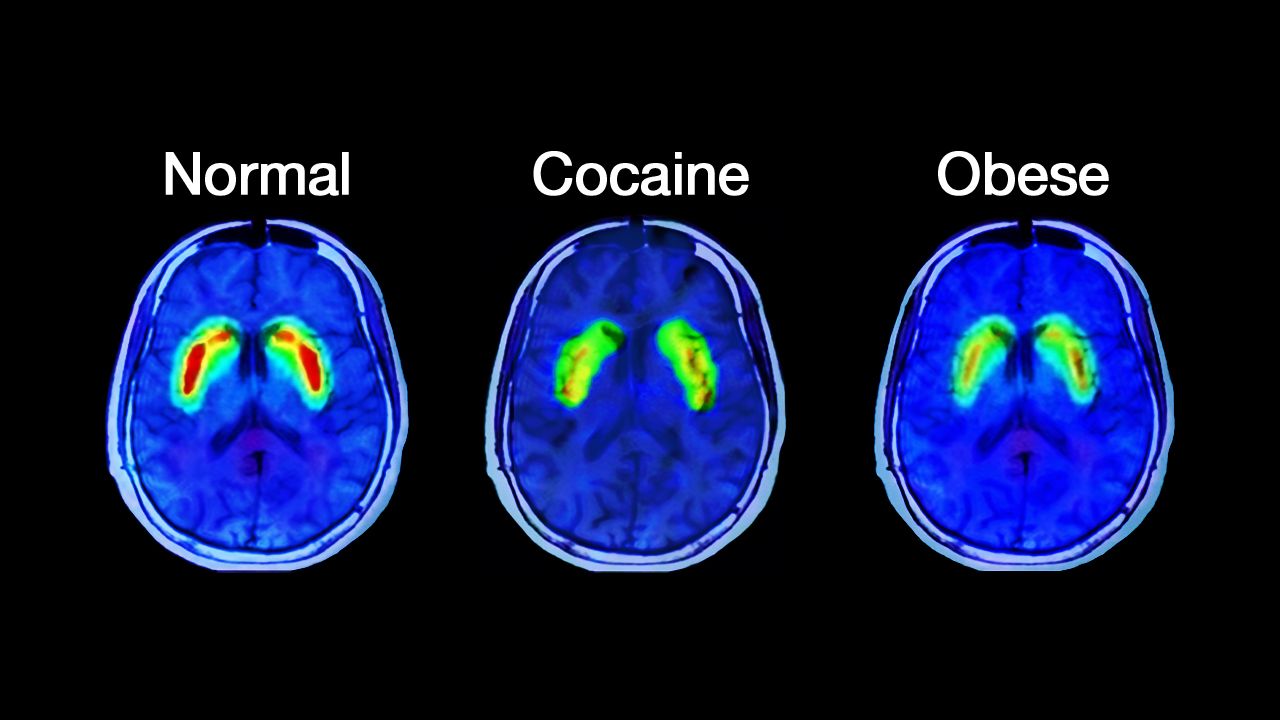Sugar Is the Silent Hijacker

Glucose is key—it gives us energy and helps build important stuff like amino acids and fats. But we eat way too much sugar these days.
Sugar's always been with us, but industrial processes created highly concentrated forms now common in Western diets. Unlike refined sugars, the carbs in whole foods (fruits, vegetables, legumes, potatoes) come naturally with fiber. These simple carbs and sugars are the best way to get energy.
Thanks to fiber, carbs and sugars get digested slower. Unlike rapidly absorbed processed sugars in packaged foods, fiber substantially slows this process. Quickly absorbed sugar causes blood sugar and glucose spikes, chronic and prolonged sugar elevation ends up being bad for our health.
Sugary drinks and foods overload our bodies with more sugar than they can process. We see this effect when our diets include a lot of soda and other foods with high levels of refined sugar.
What's the connection between the high consumption of processed sugar and its detrimental impact on our health? It seems a considerable change happened in the period between the late 1960s and early 1970s.
One example of such a shift is the Seven Countries Study, led by Ancel Keys. This research suggested a correlation between fat intake and heart disease rates in various countries.
In the America, various organizations and government agencies started promoting low-fat diets to prevent heart disease. Agencies, such as the American Heart Association, media outlets, public health campaigns, and the U.S. government, widely disseminated these recommendations and gained momentum over the following decade.
During the 1980s and 1990s, there was a prevailing belief that maintaining a low-fat diet was crucial for both good health and weight management. Many food products underwent reformulation to reduce fat content. These food companies started adding processed sugar to maintain taste quality, which is even more important.
If fast food didn't have fats, it wouldn't taste as good and people might not want to buy it, causing big losses in the food industry. Their solution? High fructose corn syrup and its many variations. The idea was to offer less fat to reduce the risk of heart disease while maintaining the appealing taste of food, or so they believed.
What happened over the next 30 years? Well, look at this graph.


Cravings and Addiction
Processed sugar and refined flour can lead to cravings and addiction-like behaviors. This then leads to neurotransmitter dysfunction because of excessive consumption of these foods

Effects on Brain Pleasure Centers:
- Reduced Activity in brains affected by substances like cocaine or due to unhealthy eating (obesity) cause dopamine receptors in the pleasure centers to become less active, leading to reduced pleasure responses.
- This reduced activity in pleasure centers can cause symptoms like depression and anxiety.
- When the pleasure centers are unresponsive, the body goes into a state of down-regulation.
- In order to compensate, the body seeks sudden bursts of stimulation through intense cravings for sugar, flour, or other addictive substances.
The Vicious Cycle of Overstimulation:
- Further intense pleasure overstimulates already dulled receptors, worsening their reduced sensitivity.
- This triggers a negative feedback loop, causing long-term shortages of neurotransmitters vital for mental and emotional well-being.
- Consuming sugary foods leads to increased insulin levels across the board.
- High insulin interferes with leptin's fullness and activity signals.
- This interference in leptin-brain communication hinders the brain's ability to register satiety.
How do we Restore Healthy Function:
- Reducing or eliminating flour and sugar helps lower insulin levels.
- With lower insulin, the body's communication system functions better.
- This leads to fewer cravings and eliminates false hunger cues.
- The body can heal itself.
- When we eliminate brain-flooding substances, dopamine receptors can return to a healthy range, promoting overall health and well-being.
Summary
In the tale of nutrition and neuroscience, processed sugars emerge as the ticking time bomb. In its place, we promote natural sugars with their accompanying fiber. Sugars that are processed can cause addiction, anxiety, depression, and disrupt the bodys resilience there by short-circuiting dopamine pathways, wrecking metabolic flexibility, and draining the brain's ability to self-regulate. It’s not just about empty calories—it’s about sabotaging your ability to feel grounded, focused, and in control.